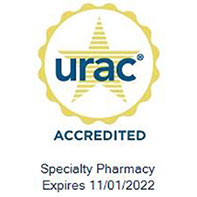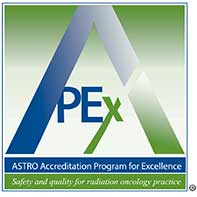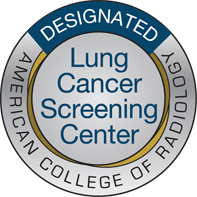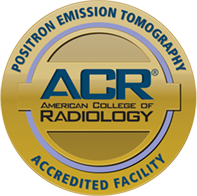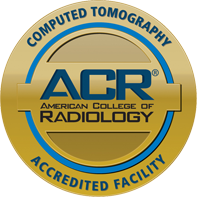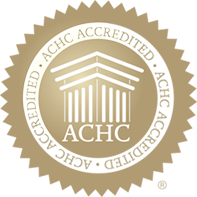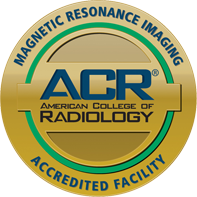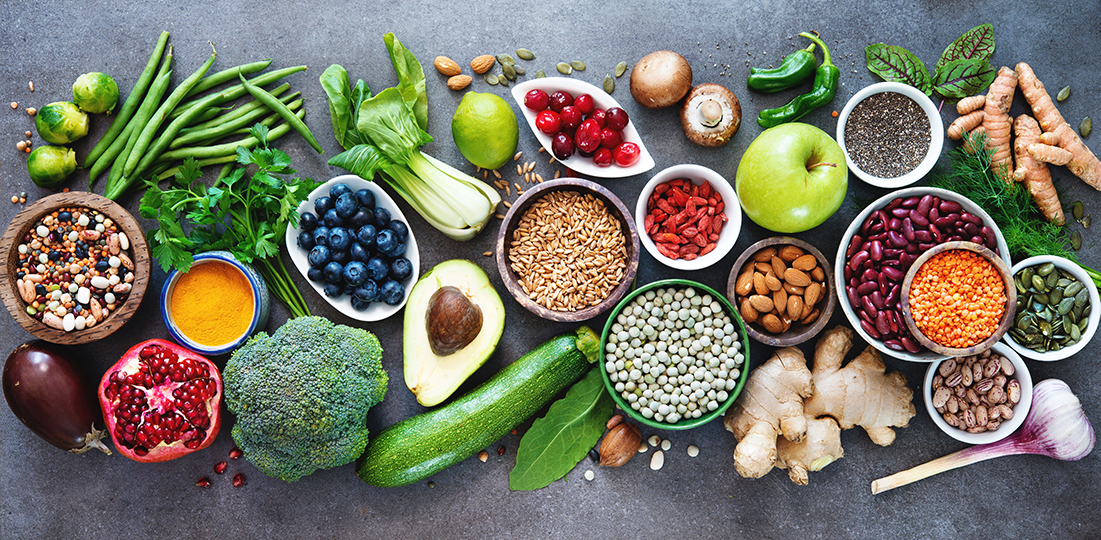
Navigating cancer treatment can be tricky- especially when it comes to diet. Common dietary struggles during treatment may include loss of appetite, vomiting, and diarrhea, all of which can lead to weight-loss and a lack of much-needed nutrients. Both of these symptom outcomes can hinder the body’s ability to effectively fight cancer.
This is where our Registered Dietitians come in; meeting regularly with your office’s Registered Dietitian allows for them, and your physician, to keep up with your nutritional needs in real time so that they can be quickly addressed and your body can remain ready to fight.
To help you get started on our nutritional journey at CSNF, our RDs, Sierra, Jill, and Tiffany put together a list of answers to frequently asked questions:
Q. What does nutrition have to do with cancer?
Sierra: You can reduce the risk of developing cancer through a healthy lifestyle, which includes proper nutrition! A diet rich in fruits, vegetables, whole grains and plant sources of protein will help to reduce your risk. A diet with large amounts of processed foods, solid fats, sugar, red meat and alcohol can increase your risk.
Jill: Additionally, when you are undergoing cancer therapy treatments you will need to take special care of yourself to support the effectiveness of treatment, and perhaps minimize side effects. Good nutrition and prevention of weight loss will be crucial during this time. Your body will need more ‘fuel” than normal, because it will need to repair rapidly from the effects of treatments such as radiation, surgery, and/or chemotherapy.
Q. What can the CSNF Dietitians do to help me?
Tiffany: The CSNF dietitian can help to minimize and manage side effects of treatment. A dietitian will also provide individualized recommendations to help prevent weight loss, malnutrition and support the effectiveness of treatment.
Q. Best thing to eat when undergoing chemotherapy?
Sierra: While there is no one diet that is recommended during treatment, it is important to consume adequate protein and calories. In general, it is best to consume small, frequent meals and to include a protein source with each meal. Chemotherapy can cause side effects that alter dietary recommendations. There is no one size fits all!
Q. What is the most common misconception about food during cancer treatment?
Jill: A common misconception is that specific foods should be eliminated from the diet during treatment. In reality, it is rare that a dietitian will recommend to avoid any particular food. While individualized dietary recommendations can differ, in general patients should feel free to consume the foods they like and can tolerate to ensure their needs are met.
Q. Any helpful tips or tricks?
Jill, Sierra, and Tiffany all recommend the following:
- Try to eat small meals more frequently throughout the day.
- Choose foods that are easy to fix and easy to eat.
- Fruits and juices are usually easy to consume and may perk up your taste for other foods.
- Allow friends and family to prepare meals or shop for you – don’t hesitate to accept their offers of help!
- Breakfast is the best meal of the day for many people. Try eating a bigger breakfast to keep your energy up during the day.
- If you are physically able, try to increase your activity level by walking or exercising lightly.
- Keep commercially prepared liquid medical nutritional supplements on hand for those days when you just don’t feel like eating (talk to us for some samples!).
- Tell your doctor or dietitian if you have pain, diarrhea, constipation, poor appetite, nausea, or vomiting- we’re here to help!

